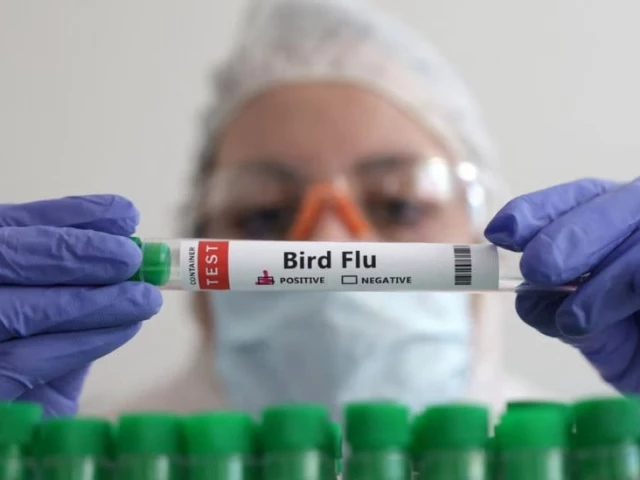Scientists raise alarm over H5N1 bird flu, urge pandemic readiness
Virologists stress that post-COVID lessons must guide action on bird flu threats.

Leading virologists from over 40 countries have warned that the H5N1 bird flu virus poses a growing global threat and called on world leaders to take urgent action to prevent a potential pandemic.
In a joint commentary published in The Lancet Regional Health–Americas, scientists from the Global Virus Network (GVN) urged governments to step up surveillance, boost biosecurity, and prepare for the possibility of human-to-human transmission.
“In the US, sporadic human infections with no known animal contact highlight the possibility of viral adaptation,” the researchers wrote.
The H5N1 virus, which can cause pneumonia, fever, and severe fatigue in humans, continues to spread rapidly in wild birds and domestic animals across North America. Experts have now confirmed cases in all 50 U.S. states and Canada.
More than 168 million poultry have died or been culled in the US since 2022, and at least 70 people have been infected, including one confirmed death.
GVN experts warned that genetic changes in the virus could increase transmissibility and called for early action. They noted that lessons from COVID-19 should inform preventive measures.
Among their recommendations were testing of animal products and wastewater, increased genomic data sharing, development of rapid self-diagnostic tests, frontline worker protection, and accelerated vaccine development.
“A robust nationwide monitoring system is essential to quickly detect and quarantine affected animals,” said Elyse Stachler, a GVN researcher at the Broad Institute.
Dr. Christian Bréchot, president emeritus of the GVN, added: “The situation with H5N1 demands heightened vigilance and collaboration. Early detection and robust surveillance are critical.”
Experts also called for increased funding, clinical trials for new vaccines and therapeutics, and stakeholder trust in farm communities to ensure rapid response to any future outbreak.























COMMENTS
Comments are moderated and generally will be posted if they are on-topic and not abusive.
For more information, please see our Comments FAQ